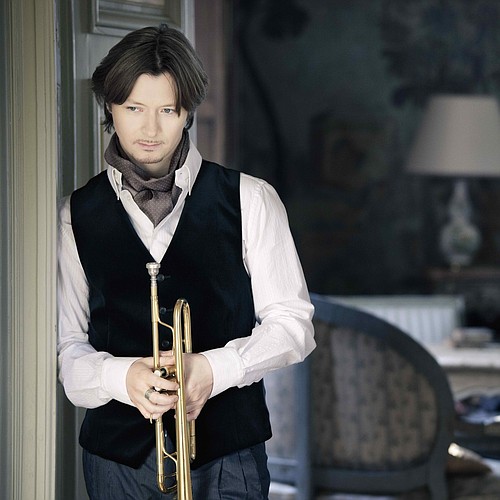- April 25, 2024
-
-
Loading

Loading

Putting works by Bernstein, Tchaikovsky and Mahler on the same program may not make much sense when you first look at it, but when you think they’re all Titans of music, it makes all the sense in the universe. And that's exactly what Sarasota Music Director, Anu Tali did in this past weekend’s Masterworks VI series.
Beginning with a sprightly Overture to Bernstein’s opera, “Candide,” the concert got off to a very fast start with the orchestra sounding spry and agile. Maybe a little too spry for my taste. It was one of the fastest readings of this well-known, beloved overtures, and in its straight-forward performance, it passed over some of the nuances Bernstein wrote into the score. Tali seemed to lose track of some of the melodic lines, giving us a reading that lost some of the intrinsic color and humor Bernstein wove into the work.
Tchaikovsky’s “Variations on a Rococo Theme” came next but in a very unusual setting. Originally written for cello and orchestra, this performance featured virtuoso flugelhorn player Sergei Nakariakov, not only in his transcription but also on an instrument that sported an extra valve so he could adjust to the range of the cello, keep the work in the original key and with only a few minor adjustments, come out with a mellow, cello-like warmth that made his unusual instrument into something sounding like a cross between a French horn and a trumpet.
Nakariakov is a virtuoso player, be it on flugelhorn or trumpet, and to prove the point, he followed the Tchaikovsky with an encore that delighted the audience: a set of Theme and Variations for “The Carnival of Venice” that showed off the soloist’s zippy double and triple tonguing and buttery sound. It’s actually not a big sound for a brass player, but it’s so musical and sensitive, it makes one want to listen forever.
Tali and the Orchestra were excellent accompanists throughout both works, giving support and adding color to these familiar works.
The entire second half of the program was given over to Mahler’s Symphony No. 1 in D, “The Titan,” in an unusual but agreeable performance. Like many conductors these days, Tali chose to drop the fifth movement, which was discarded by Mahler, himself, making this a shorter, more concise work. But, like the Tchaikovsky that preceded it, this symphony is filled with folk material, including one movement based on what we know as “Frère Jacques” in a somber, minor mode, and a few songs from Mahler’s own “Songs of a Wayfarer,” plus allusions to music by Humperdinck (“Hansel and Gretel”) and a bit of Richard Strauss here and there.
I found this a well-constructed symphonic reading that Tali tied up neatly by starting it and driving it to the conclusion with a very pastoral feeling, almost like a village awakening, yawning and stretching and finally getting down to business. For my taste, there was too much business, too much seriousness, and not enough of Mahler’s contrasts, playfulness and dancing. Mahler purposely wrote a Klezmer-like part for the clarinet but Tali chose not to go that route, showing off the contrast between Jewish and Catholic traditions. I missed it. I missed the fun, cavorting and impishness of Mahler in what, until the very end, was a very strict, precise reading of a work that usually has me going from giggles to tears in a matter of phrases.
The playing, though, was exquisite, from the offstage brass at the start to principal bassist John Miller’s “Frère Jacques” solo, then taken up by the winds and other members of the Orchestra. Harp, flute, oboe, trumpets, horns — well, the whole ensemble sounded mighty and strong. And the finale did what Mahler wanted — whisked us to Heaven as few other composers are able. It was here that Tali let loose and gave us the Mahler we know and love.